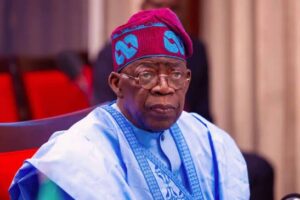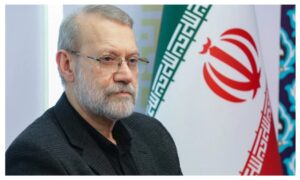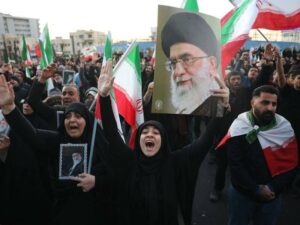Former President of the Democratic Republic of Congo, Joseph Kabila, has reportedly been sentenced to death in absentia by a Congolese court. The judgment stems from allegations of corruption, mismanagement, and state-linked crimes said to have occurred during his 18-year rule. The ruling has shocked many across Africa, given Kabila’s long influence in Congolese politics and his ties with powerful figures in the region.
The court’s decision has sparked mixed reactions. While critics argue that the sentence exposes years of alleged abuse of power and looting of state resources, others believe the trial may be politically motivated. Supporters of Kabila claim he is being targeted to weaken his political base and ensure he stays out of Congo’s power struggles. Kabila, who has been living quietly since handing over power in 2019, is yet to respond to the verdict.
This development adds to Congo’s turbulent political climate, where corruption cases and power battles have remained a recurring theme. Observers note that enforcing the ruling may be difficult since Kabila is outside the country, but the sentence still carries strong symbolic weight. It also raises fresh questions about accountability for former African leaders who are accused of enriching themselves at the expense of their nations.







